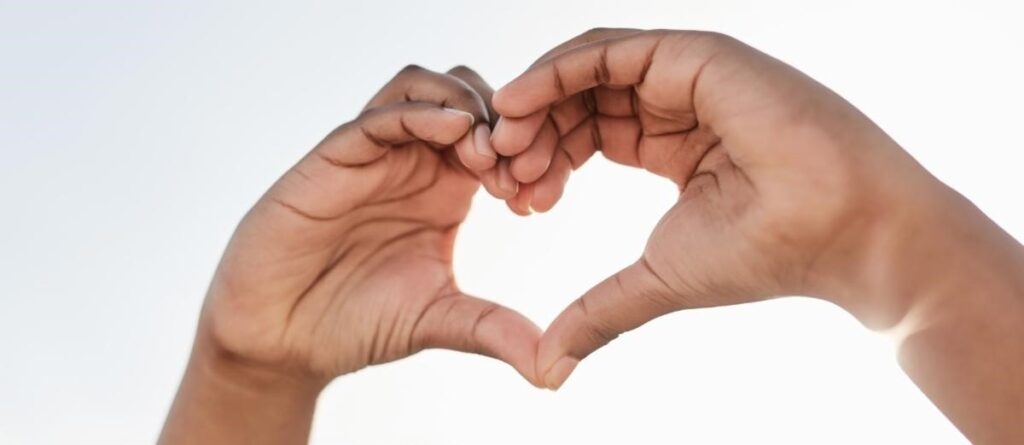The Power of Kindness
 By Kristina Tracy, LISW-S
By Kristina Tracy, LISW-S
Outpatient Therapist
What is kindness? Kori Miller defines kindness as a benevolent and helpful action intentionally directed towards another person, it is motivated by the desire to help another and not to gain explicit reward or to avoid explicit punishment. Kindness is about showing up in the world with compassion and acting for the greater good of all. Kindness is a conscience choice to extend warmth, compassion, generosity, and empathy towards others. Kindness is doing the things that may go without acknowledgment and thanks and does not expect anything in return. Kindness goes a step beyond!
The influence of kindness can significantly enhance our lives by fostering happiness, connections, and promoting personal development. Kindness can bring people together regardless of age, race, ethnicity, religion, status, and identity. Kindness plays a vital role in community building, bridging relational gaps, and fostering a sense of belonging and connection. Kindness allows our bodies to produce less cortisol leading to a calmer state. Kindness motivates us to action and makes a positive impact. Kindness promotes understanding and it combats negativity. Kindness fosters unity and can transcend cultural and social barriers.
There is a positive relationship between the number of kind acts and the level of happiness someone experiences. Performing acts of kindness improves and increases happiness as well as increasing the physical and mental health of both the giver and receiver. Studies have shown that giving to others makes us happy, even happier than spending on ourselves. Our kindness creates a virtuous cycle that promotes lasting happiness and altruism. Resulting in a “positive feedback loop” between kindness and happiness, signifying one encourages the other. Therefore, it has the potential to create ripple effects of positivity.
Kindness plays a vital role in self-improvement, and it enables growth and development as an individual.” Kindness allows us to have a sense of belonging and strengthens our relationships. Practicing kindness can reduce state level social anxiety and is positively related to better self-regulation and less emotional reactivity. By showing kindness it creates a positive impact one lives but also cultivates a sense of resilience with yourself. Kindness teaches us to respond to challenging situations with empathy and understanding.
Ways to practice Kindness:
- Being Empathetic
- Generosity
- Showing Compassion
- Use manners, turn-taking, and include others
- Show gratitude
- Listen to understand and not problem solve
Key Characteristics and Attributes of a kind person:
- Empathy
- Good listening skills
- Being generous
- Charitable
- Helpful
- Courteous
- Engage in perspective-taking
- Caring/Nurturing
The benefits of kindness are substantial. Research shows that being kind boosts production of serotonin and dopamine which give us a feeling of satisfaction and well-being. Kindness leads to reduction in risks for disease and reduces psychological flourishing. Kindness reduces stress, promotes trust, and increases life satisfaction as well as improves how others see you and accept you. Kindness boosts social relationships, promotes oxytocin, elevates mood, and produces a “helper high.”
Kindness expands the more we share it and being kind to someone else can improve our own psychology and physical health. Being kind is a simple yet beneficial act! Kindness is an important part of being a human being. Making more of an effort to incorporate the power of kindness into our lives will considerably enhance us all!
References
Cypress (2024). The Power of Kindness: Cultivating Happiness, Connection, and Personal Growth.
Alex Dixon (2011). Kindness makes you Happy…and Happiness makes you kind. gratergood.berkeley.edu
Robyne Hanley-Dafoe (2023). Why Kindness Matters. Psychology Today.
Tchlkl Davis (2024). Why Be Kind? 5 Ways Kindness Is Good For Well-Being. www.psychologytoday.com
Laura Gabayan (2024). The Strength of Kindness. www.pscynologytoday.com